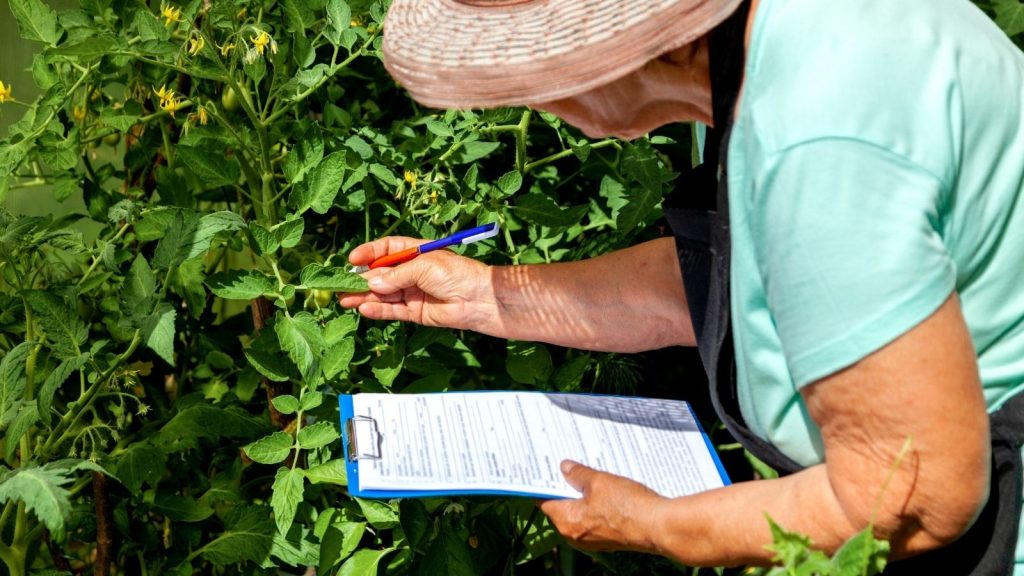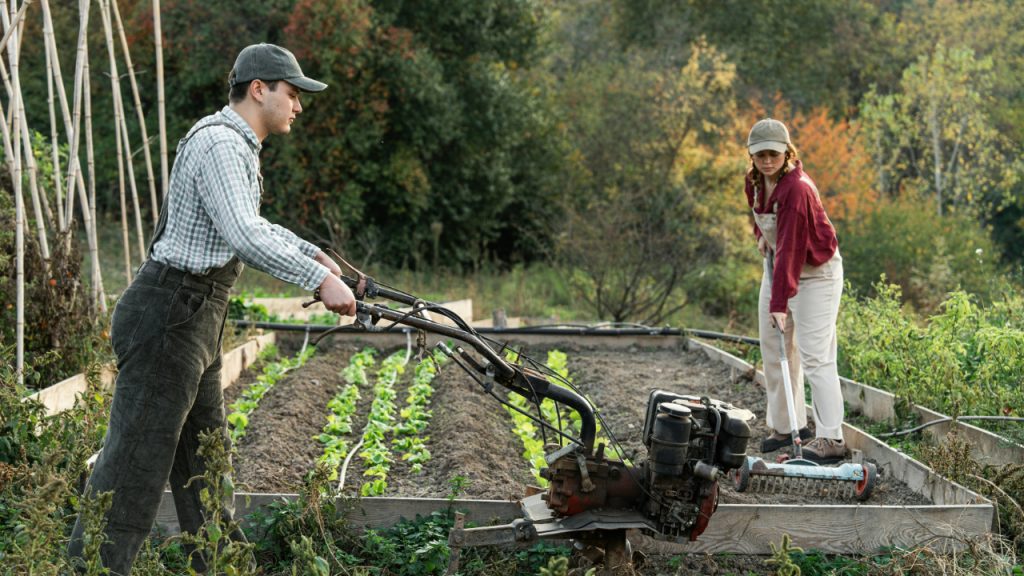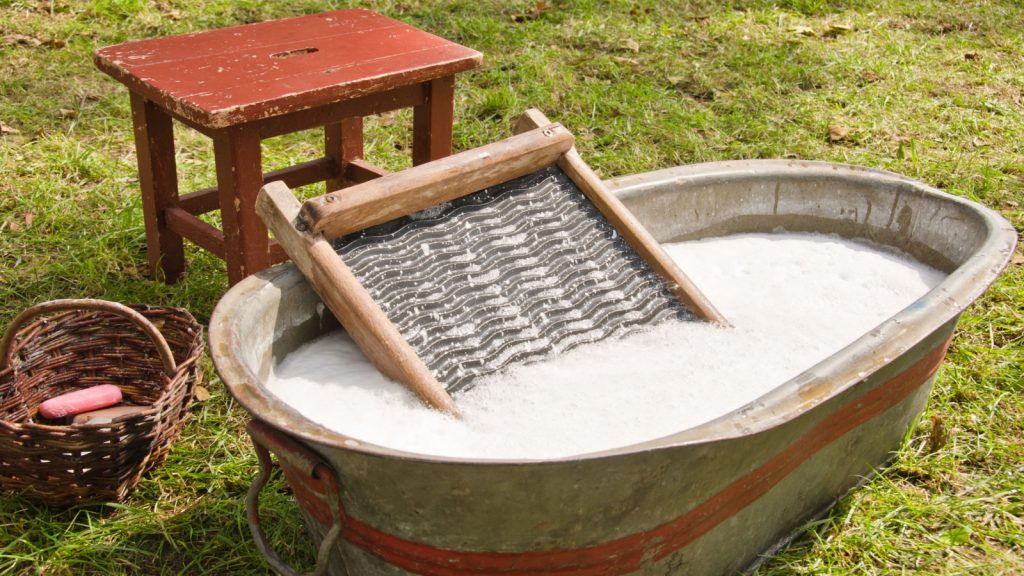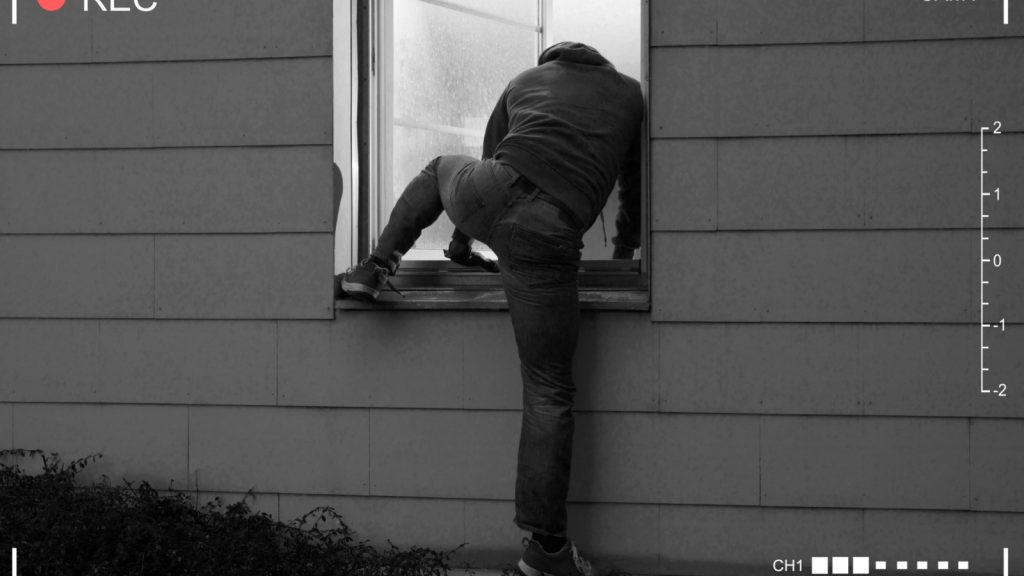The dream of living off the land calls to something deep inside us—that yearning for a simpler life where we grow our own food and rely on our own two hands. But here’s the real talk: transforming that dream into reality takes more than just planting some seeds and hoping for the best. It’s a journey that demands sweat, patience, and a whole lot of learning from your mistakes.
I’ve been on this journey for years now, and let me tell you—every single day brings a new lesson, usually one you didn’t expect to learn. Some days it’s discovering why your tomatoes suddenly decided to wilt, others it’s figuring out how to outsmart the raccoons raiding your corn (again). The victories are sweet, but they’re earned through trial and error, endless research, and sometimes just plain stubbornness.
This isn’t meant to discourage you—far from it! Living closer to the land is one of the most rewarding challenges you’ll ever take on. But going in with your eyes wide open, understanding that you’ll be a student of nature for life, will set you up for success in ways that rose-colored dreams never could.

Neglecting Your Mental Wellbeing
The solitude and demands of living off the land can be mentally taxing. Ignoring your emotional health can lead to burnout or depression. Take time to unwind, connect with loved ones, and ensure you have hobbies or activities that keep your mind engaged and positive.
Overlooking Local Laws and Rules
Before you start foraging, hunting, or building, get familiar with the rules in your area. Local laws can restrict certain activities, and ignoring them might result in fines or force you to stop altogether. A little research upfront can save you from a lot of trouble later on.
Overharvesting Resources
Overharvesting firewood, depleting water supplies, or exhausting the soil can have dire long-term consequences. Sustainable resource management, such as planting new trees or rotating crops, ensures your land stays viable for years to come.
Mishandling Waste
Improper waste disposal can harm your environment, health, and water supply. Burning plastic, burying rubbish, or leaving waste out to decompose haphazardly can create long-term problems. Learn to compost, recycle, and safely dispose of non-compostable waste to keep your homestead clean and sustainable.
Building Without Careful Planning
Constructing homes, barns, or other structures without taking the landscape and weather into account can lead to major headaches. Whether it’s poor drainage, lack of sunlight, or vulnerability to storms, mistakes can cost you dearly. Always start with a solid plan that suits your environment and your specific needs.
Failing to Diversify Your Food Supply
Pinning all your hopes on one crop or source of food is a gamble you can’t afford. Pests, disease, or poor weather can ruin a single food source in no time. A mix of crops, livestock, foraging, and preserved goods will give you better security year-round.
Leaving Your Home Unsecured
Whether it’s protecting against thieves, harsh weather, or curious wildlife, securing your home should be a top priority. Reinforce doors and windows, clear hazards from your surroundings, and ensure your structures can withstand whatever the environment throws at them.
Neglecting Your Soil
Your soil is the backbone of your food supply. Neglecting it will quickly lead to poor yields and wasted effort. Test your soil regularly, amend it as needed, and use natural methods to keep it rich and productive.
Overlooking Financial Planning
Living off the land may sound like a money-free existence, but that’s far from true. Property taxes, seeds, tools, and emergency supplies all add up. Build a budget that accounts for both regular expenses and unexpected costs to avoid financial strain.
Overlooking Seasonal Chores
Each season has specific demands, from planting and harvesting to preparing for winter’s challenges. Missing key seasonal tasks can throw your entire schedule off. Keep a calendar or routine to ensure you stay on top of these crucial workflows.
Ellen Reed lives where the road ends and the quiet begins. Her work tends to the tender space between solitude and connection, loss and joy, seed and harvest.
She's an author and journalist. When she's not in her garden, she's drinking tea and playing with her puppy.


